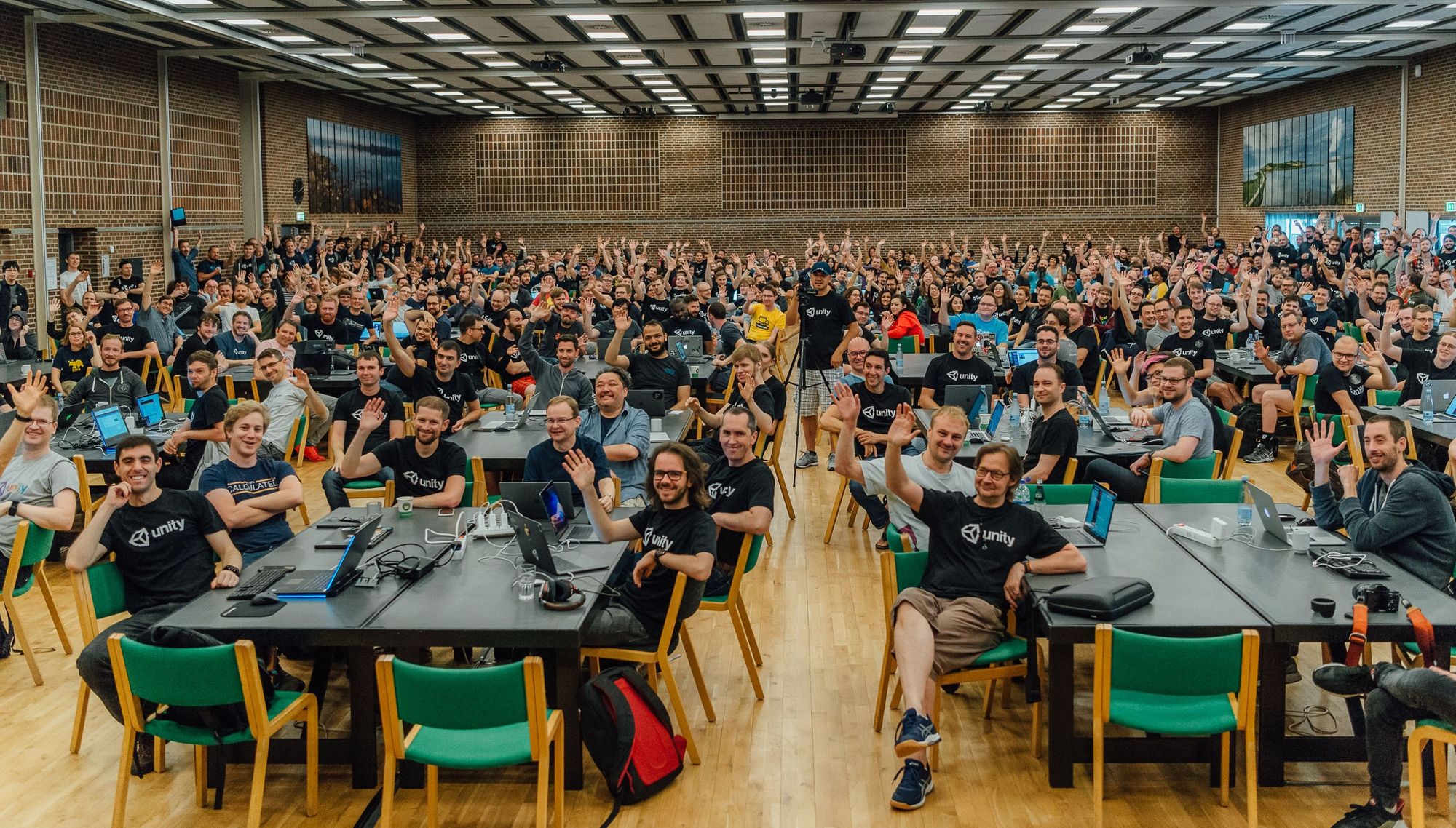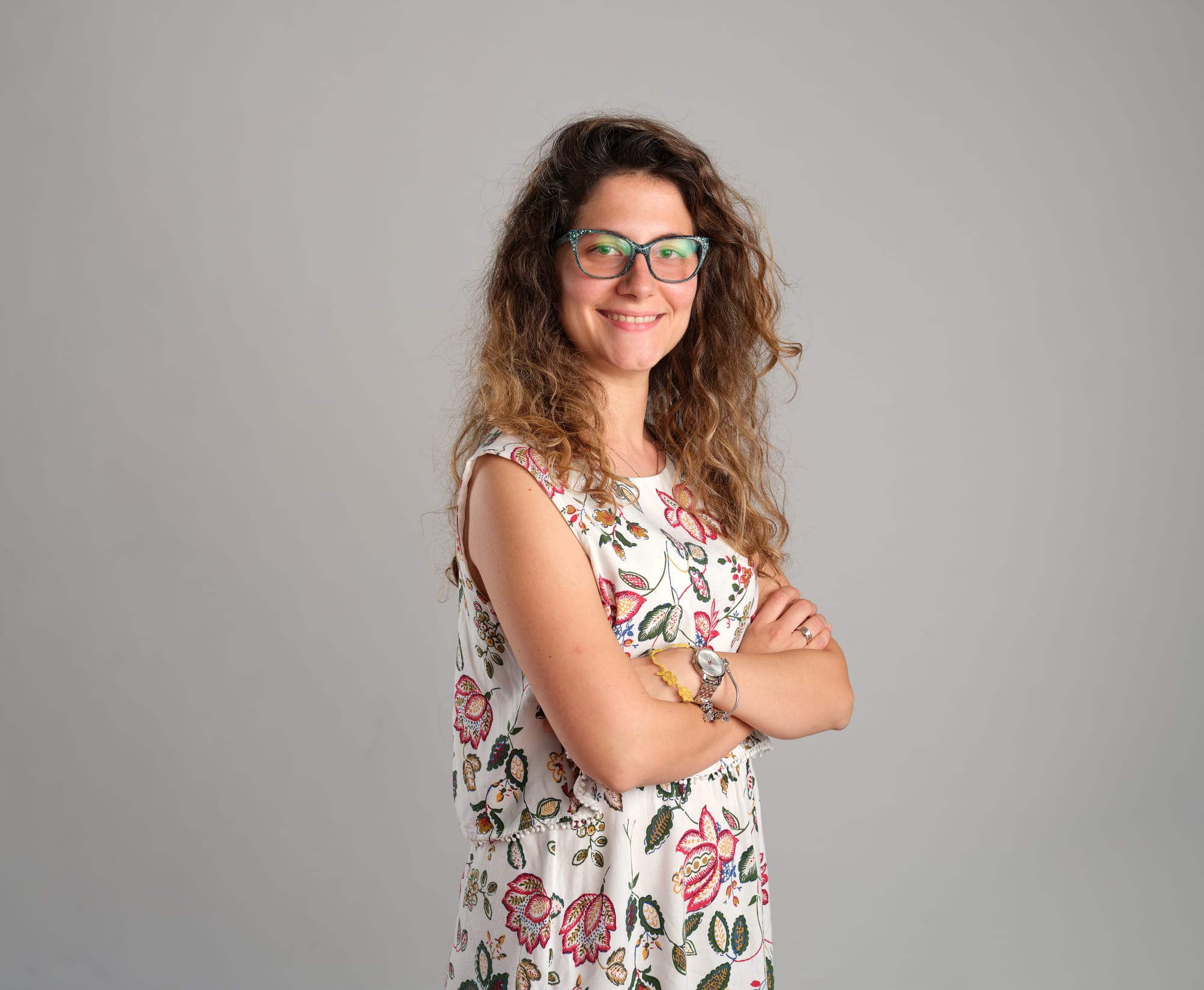Unity Hackweek is a once-a-year event. A chance for Unity R&D and friends to get together for a week of hacking, sharing ideas and know-how. As the Unity folks explain, it propels Unity forward like no other event. In fact, a lot of Unity’s features can be traced back to their Hackweek projects, such as Unity Cloud and Collaborate, Progressive Lightmapper, etc.
Back in June, myself and two other Software Engineers from the Nordeus development team, Nevena and Vesna, participated in Unity's 13th Hackweek. Something we’re very proud of as it was the first time participants from across the gaming industry were invited to take part. 50 women, from a few key partners, worked side-by-side with 500 Unity devs.
Unity have been working on a Women in Gaming series for years with the aim to help level the gender playing field in the gaming industry - something that we strongly support. This year they decided to connect that event and their desire to be more in contact with their partners — game makers.
The Start of the Event
Unity's VP of Engineering, Brett Bibby, hosted the opening speech and welcomed us all. It was really nice that he explained how the Hackweek usually looks like day-by-day… and as described, the first day was summed up as confusion and chaos!
People struggling to find their team for the projects they’d applied for, some of the projects were not what they’ve expected them to be, etc. By lunchtime, people had settled on their project, and the brainstorming sessions began.
Preparation Was Key
Our CTO had pinged us a month before the event, telling us we'd been invited by Unity to attend. The three of us were eager to take part in that adventure and we wanted to be prepared as there was a list of ~200 projects to pick from!
One of the great things during the week was that people were able to change projects if they wanted to. This gave them access to work on multiple projects. Both this, or sticking to one as we did, are totally valid by the unwritten rules of Hackweek.
At first, we all thought we'd work on a project in our own team and on something that was needed for Nordeus. We had some projects in mind. But instead, we decided to focus on analyzing how we could make the most of working together with 500 Unity devs.
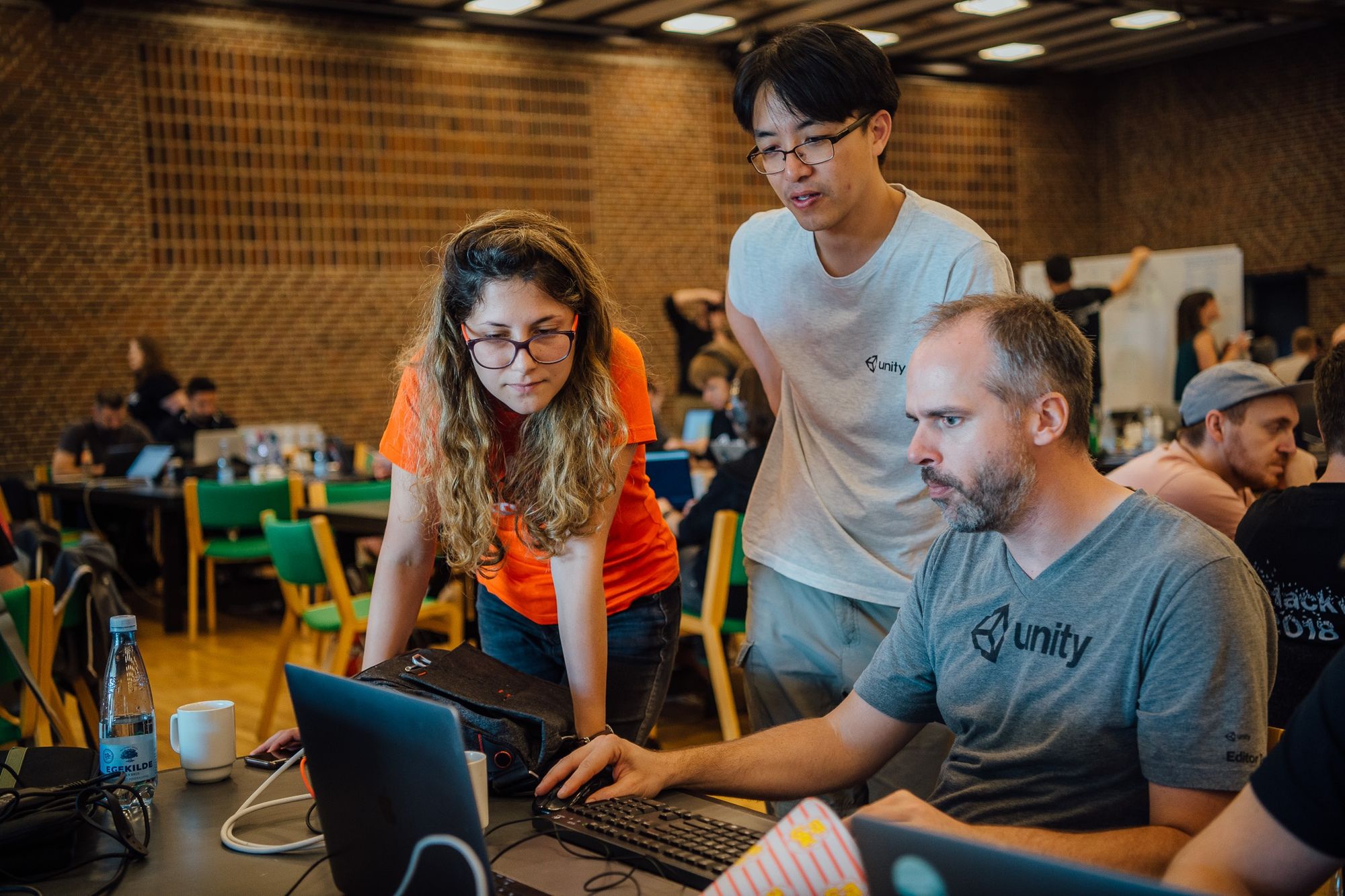
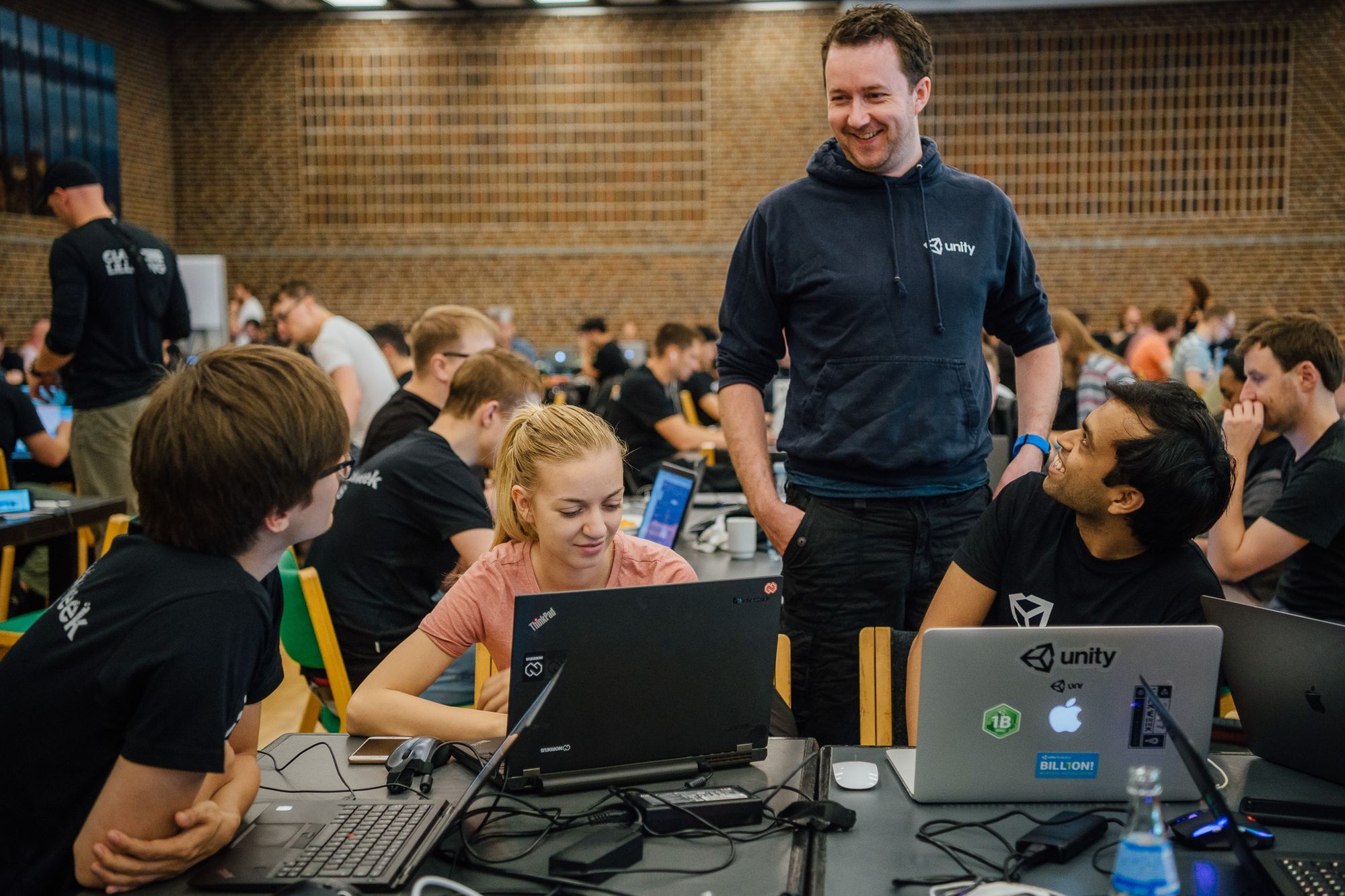
We decided to split into three different teams, with the goal of making contacts with a bunch of Unity people, to learn something new and get some cool insights, while working on things that were interesting for us.
All of Unity's employees were very open to meeting new people. They approached us and would spontaneously start talking, and they always wanted to help. It meant we really felt their culture, team atmosphere and enabled us to make observations from three different points of view.
The Event Continued...
Back to the actual week, and the second and third day were when the bulk of the work was achieved, but everything was still broken. By Thursday, it all started coming together. Teams spent that evening making 90 second videos for the presentation that was scheduled for Friday, when we all sat together and watched presentations.
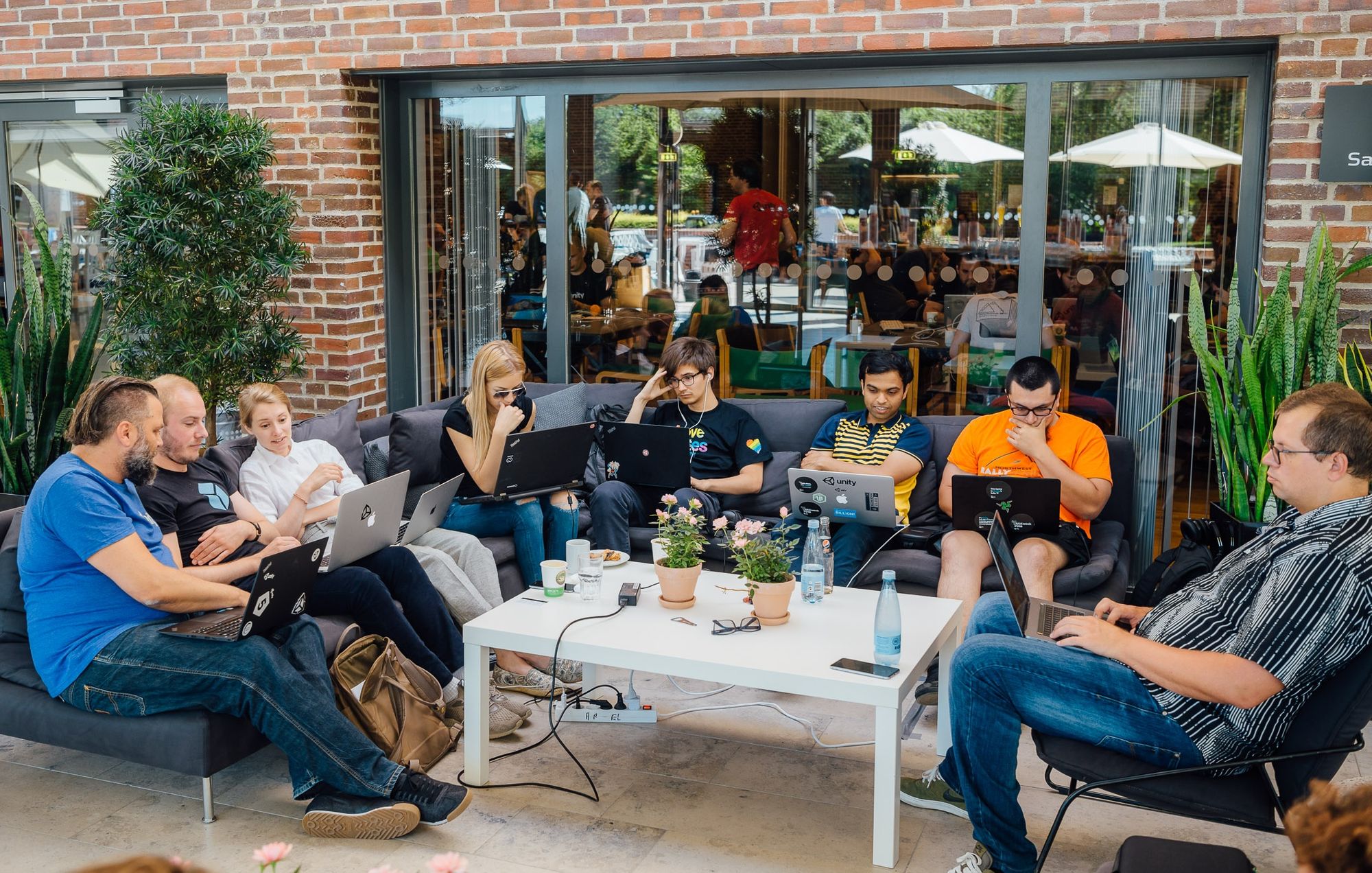
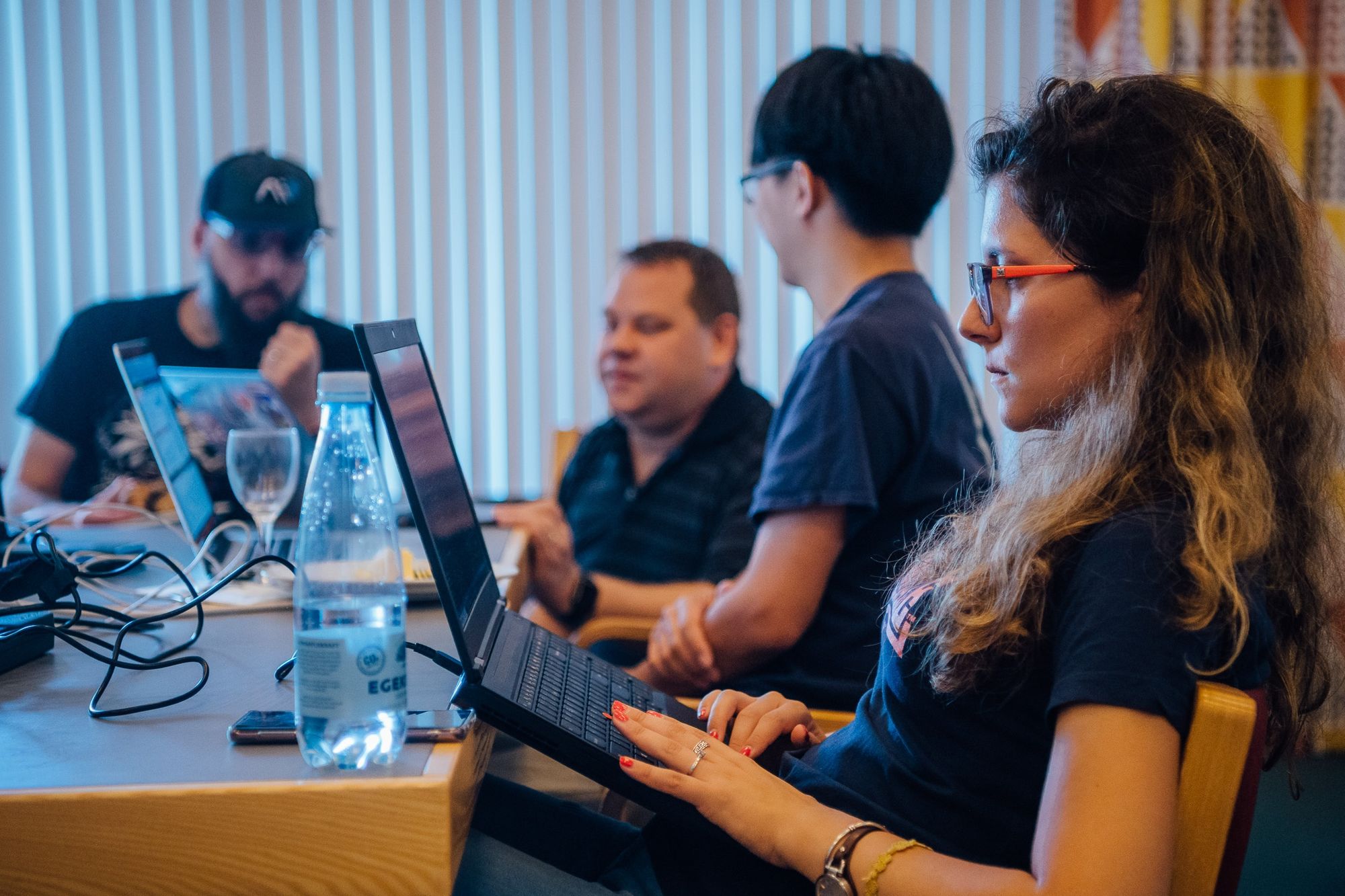
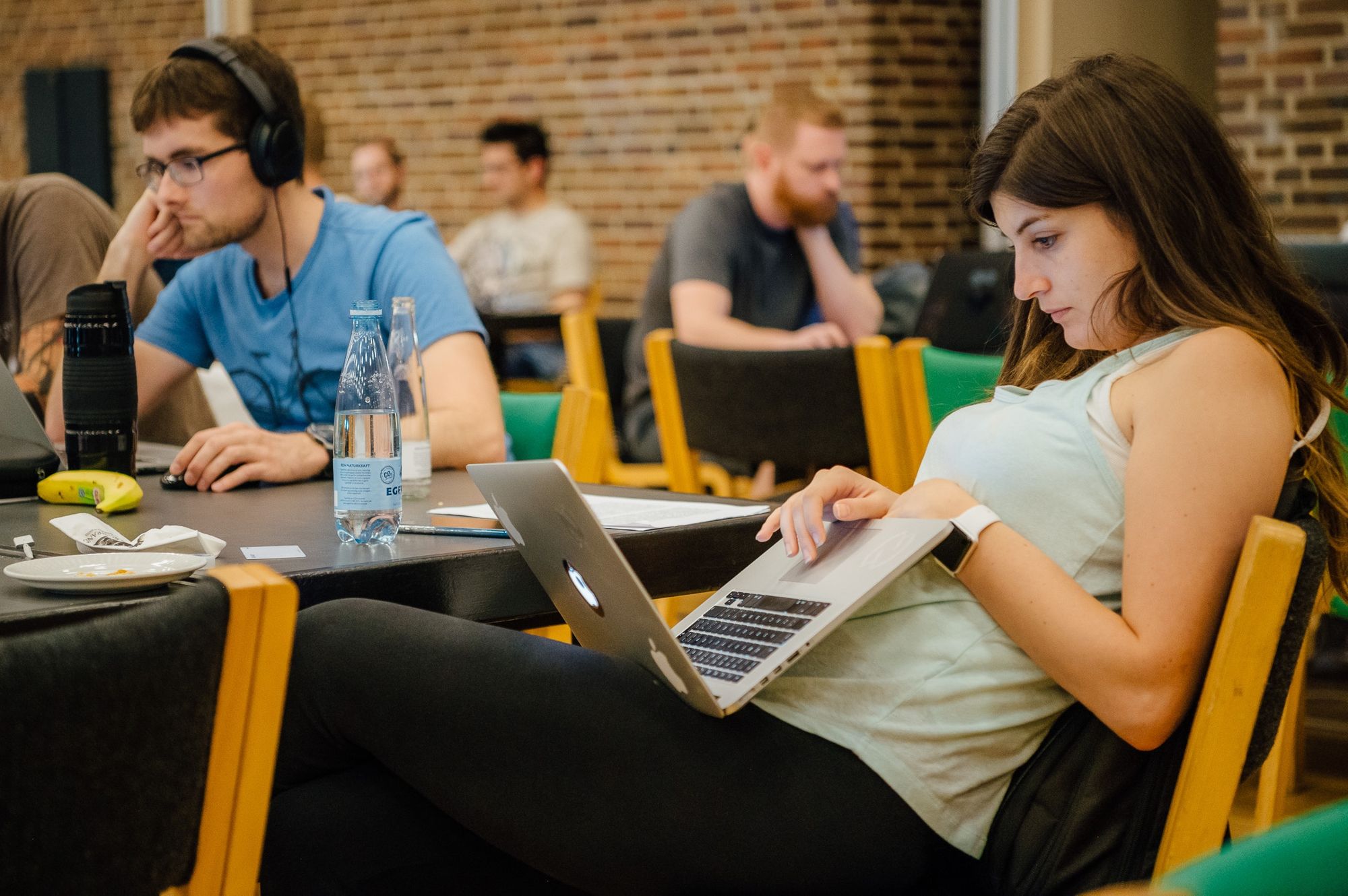
These showcased the variety of projects - from low hanging fruits that solved some really annoying Unity limitations, distributed ECS and Job System, to AR/XR demos. ECS was a big hit this year and they created support for teams who were doing ML stuff.
After the presentations ended, Brett closed the event and soon the party had started.
Our Projects
Nevena joined forces with a group of animation and world building engineers from Montreal in their attempt to make a Game Debugger. It's basically a recording of a scene and serialized values with the possibility to go back in time using a timeline and check changes in the values.
Vesna worked on a Tower Defense game in ECS (The Entity Component System) with guys from very different disciplines - ML, analytics, QA, sustained engineering, etc. Their goal was to learn and make a game using the ECS system, which is very popular across Unity these days.
Myself, as a big fan of Monkey Island, worked on creating a tool/domain specific template for 2D point-and-click adventure games. With it, Game Designers or other devs don't need to write single line of code in Unity in order to create a 2D adventure game. Everything is done with editor and visual scripting with GraphView. I worked with guys from analytics, editor team, IAP purchases, XR etc.

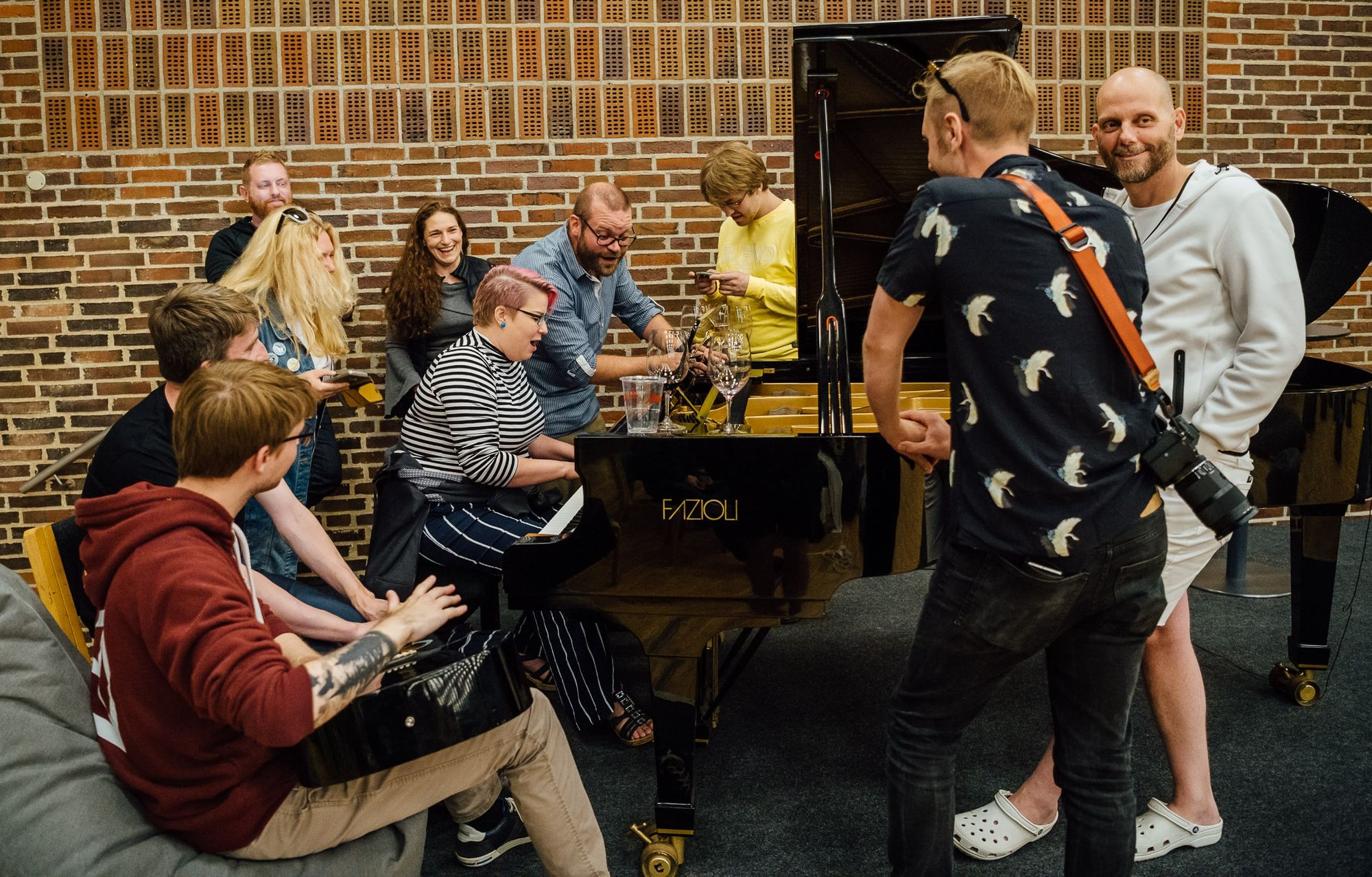
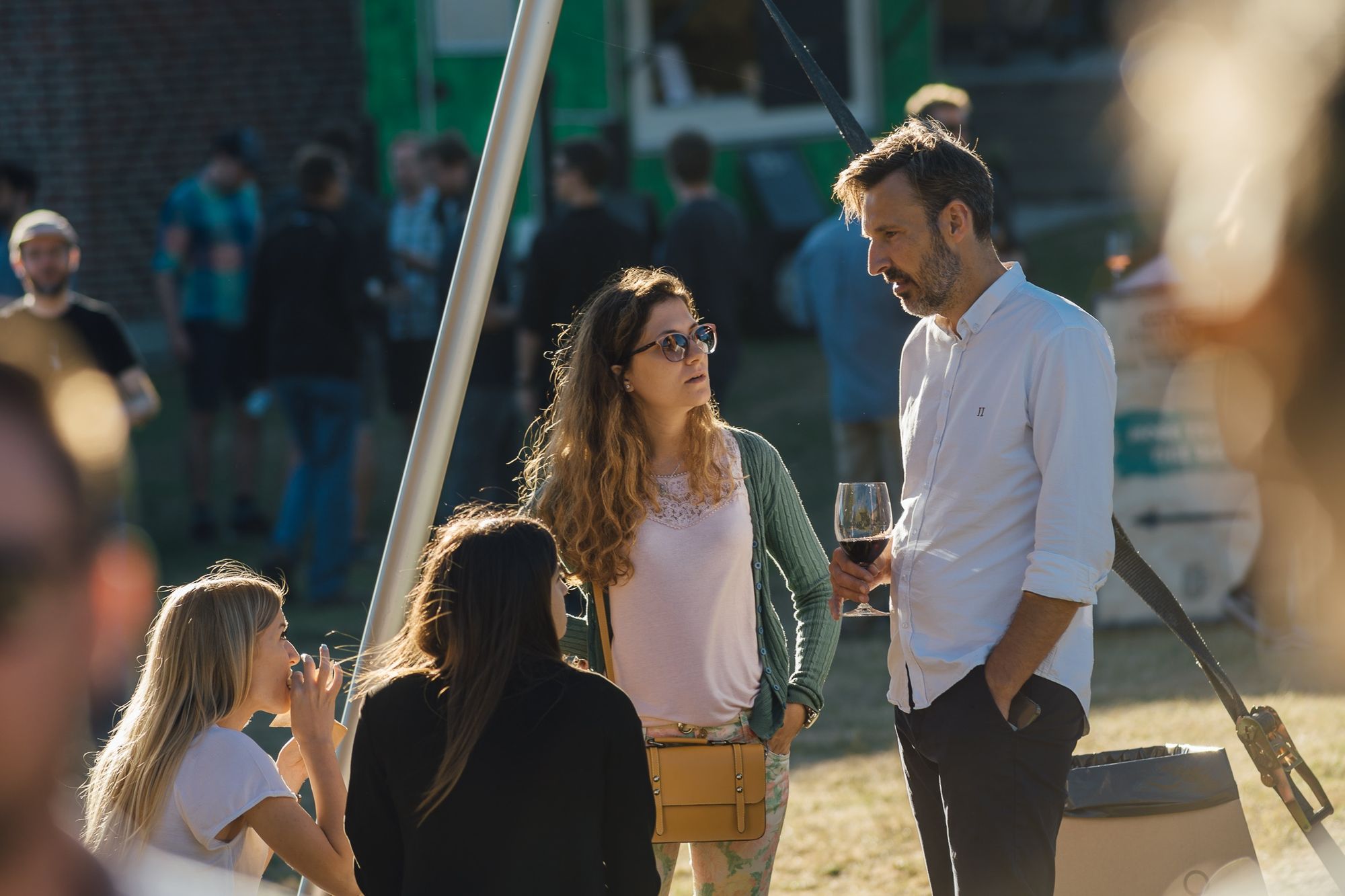
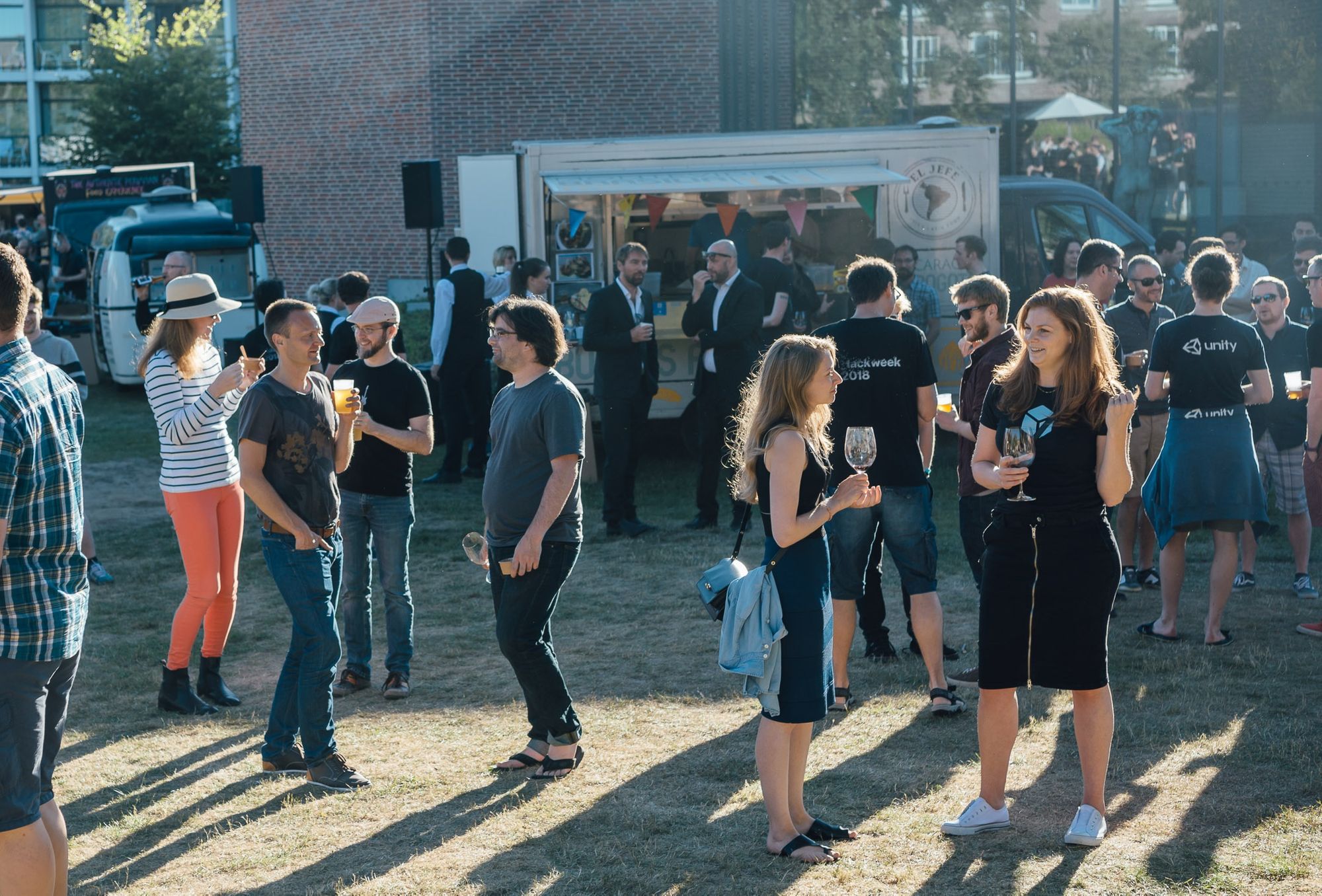
Our Takeaway
All in all, this was an incredible experience that we are so grateful to Unity for inviting the three of us and Nordeus to collaborate. From involving ourselves in three separate projects, we saw that you can have really unique experiences from engaging on different projects with different people.
We met a bunch of great people, made a lot of friends and valuable connections, got to know and feel Unity’s culture better, learned some new things, worked on something we don't usually work on, and… had great fun in the process.
What more could you want?
